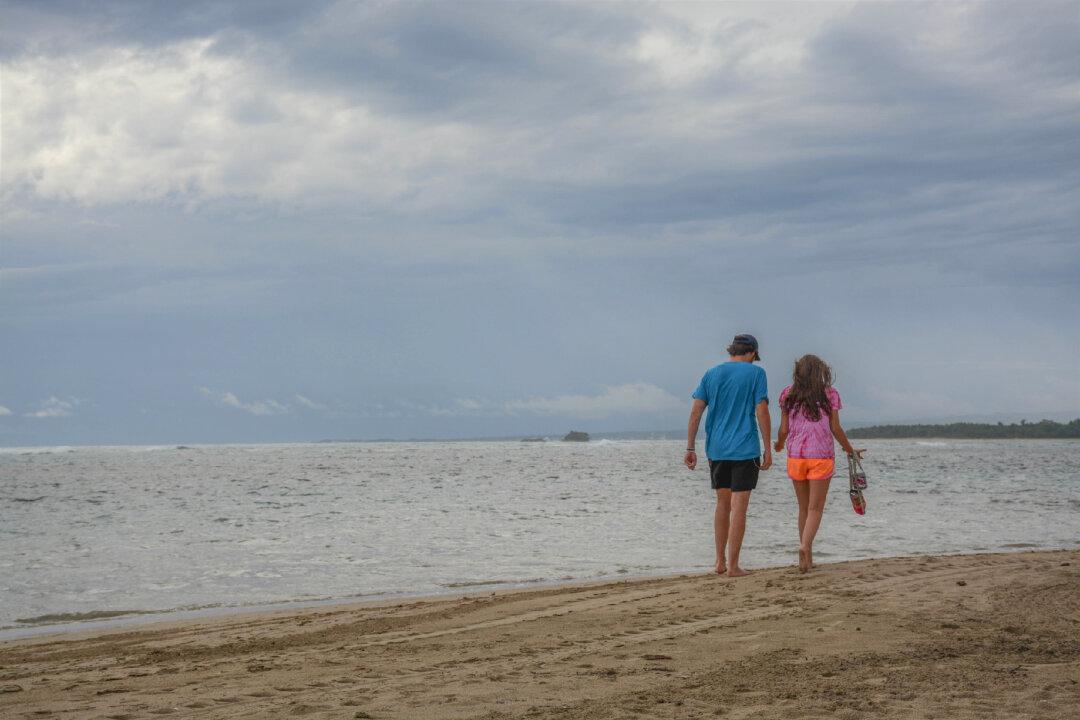The U.S. State Department on Tuesday issued a travel advisory for U.S. citizens traveling to the Dominican Republic due to a recent increase in sexual assaults and violent crime.
A yellow-colored, level two advisory was issued for travelers going to the Caribbean tourist hotspot that they should “exercise increased caution,” according to the bulletin.





